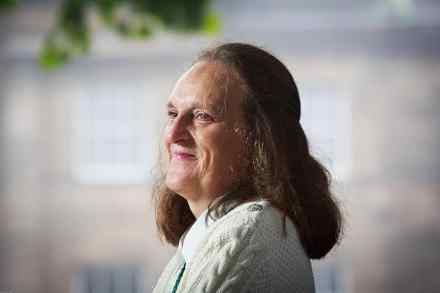Gay and abandoned: A Previous Life, by Edmund White, reviewed
More from BooksEdmund White’s new novel opens, somewhat improbably, in 2050. This imagined future, however, springs few surprises on the reader and is in fact almost identical to the present. Indeed, the leap forward in time is merely a narrative device, allowing a 70-year-old Sicilian aristocrat to reminisce about his affair 30 years earlier with the elderly






























